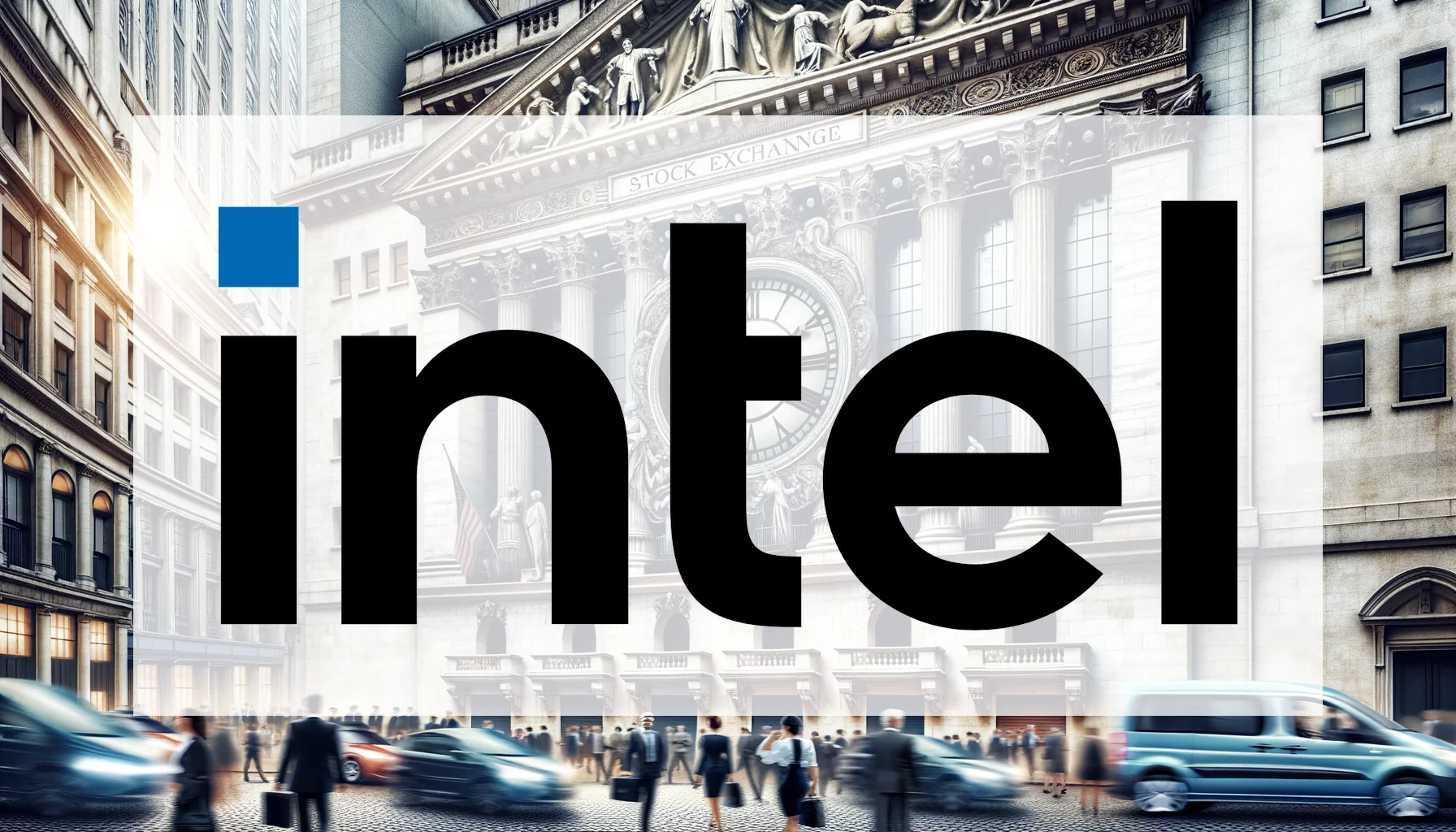The Biden administration has significantly escalated its technological trade restrictions against China, directly affecting major semiconductor manufacturers. In a decisive move, the U.S. Department of Commerce has revoked special export licenses for Intel and other leading chipmakers, impacting their manufacturing facilities within China. This action coincides with Washington’s substantial financial backing of Intel’s domestic production, positioning the tech giant at the center of an intensifying semiconductor conflict between superpowers.
Strategic Shift in US-China Tech Policy
This policy shift eliminates the “Validated End-User” status previously held by Intel Semiconductor (Dalian), along with facilities operated by Samsung and SK Hynix. This special designation had allowed these corporations to import U.S. chip manufacturing equipment into their Chinese plants without seeking individual approvals for each shipment.
Following a 120-day grace period, this streamlined process will terminate. All future equipment imports will require specific, case-by-case licensing approval. Notably, Commerce Department officials have explicitly stated they do not intend to grant any licenses that would facilitate capacity expansion or technological upgrades at these Chinese sites.
Contrasting Support and Restrictions Reveal Broader Strategy
The timing of these export control measures is particularly revealing. They come merely days after the same administration awarded Intel $11.1 billion in CHIPS Act funding to bolster U.S.-based semiconductor manufacturing, a deal that secured the government a nearly ten percent stake in the company.
Should investors sell immediately? Or is it worth buying Intel?
These seemingly contradictory actions underscore a coherent dual-track strategy: aggressively investing in domestic chip production while simultaneously constraining China’s technological advancement. For Intel, this creates a complex balancing act between maintaining its profitable Chinese business operations and retaining favor with U.S. policymakers.
Market Anticipates Investor Response
Despite Intel’s recent divestiture of its Dalian operation, the company was still formally named in the new regulatory order. The ultimate operational and financial impact of these stricter regulations remains uncertain.
Investors are closely monitoring the situation, with market reactions anticipated when trading resumes Monday following the Friday announcement. The response will serve as a key indicator of how geopolitical tensions between the two economic powers are affecting semiconductor valuations.
Ad
Intel Stock: Buy or Sell?! New Intel Analysis from February 7 delivers the answer:
The latest Intel figures speak for themselves: Urgent action needed for Intel investors. Is it worth buying or should you sell? Find out what to do now in the current free analysis from February 7.
Intel: Buy or sell? Read more here...











